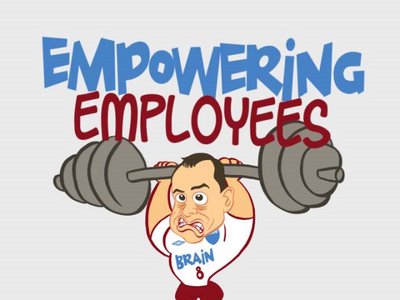Right start of
your day is very important. You're all activates, what you eat, what you read
and you exercise can impact how productive you feel throughout the day. There
is no formula for the perfect routine of the morning it depends on your work.
Here are some activates done by highly successful people in the industry do
every morning when they start their day.These activities help highly successful
peoples for achieving more batter career
opportunities
1. Wake up early
in the morning.
Time is a significant resource. Highly
professionals take it up a score by getting up at
5:30 am, 4:30 am and even 4:00 am. They start with waking up 15 minutes earlier
than usual time. Not just will they have more control in their early hours,
they will also have more chances to do things that matter to them.
2. They Read.
Executives’ stay
updated. What’s going on in the world is an important part of their morning.
They read newspapers and magazines in the morning.
3. They do
exercise and running.
Due to the busy
life of executives, they do some exercise in the morning. They also go for a
walk.
4. They endure
intense physical activity.
Executives
participate in some sporting activities when they wake up.
5. They
meditate to clear their minds.
Before going to
the office, many successful people devote themselves to a spiritual practice
such as pray and meditation
6. They send
emails.
Many successful
people start the day with email. Catching up on email is the best way to start
the day for some executives. They send or receive their mails
before breakfast. They may quickly scan their inboxes
for urgent messages that need a quick response or craft a few important emails.
When their minds will fresh they better focus on important emails, so they read
them in the early morning.
7. They catch
up on what's happening in their industry.
Executives read
about what’s happening in their industries before jumping into the day.
8. They feed
their pets.
Sometimes there's
nothing more comforting then spending time with your pet as soon as you wake
up. Executives mostly like to play with their pet at morning. They feed their
pets.
9. They work
from the minute they wake up.
Some executives
can’t resist the urge to work from the moment they wake up.
10. They check
on how their products are doing.
Regardless of the
fact that they're not working diligently from the minute they rise, a few
administrators monitor the status of their products before jumping into the
day.



